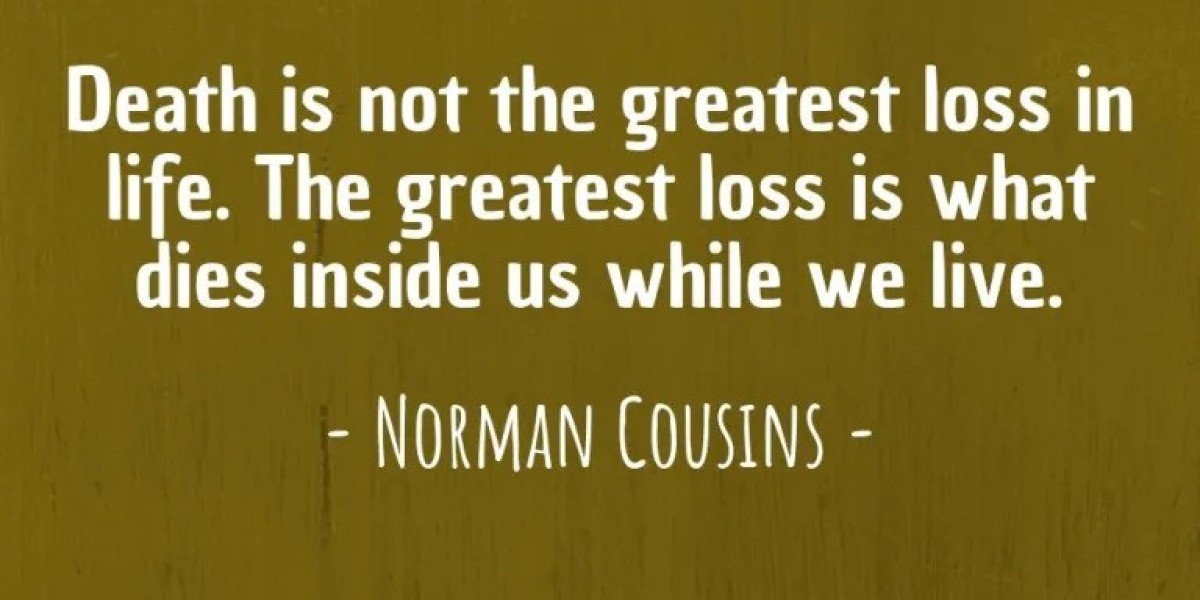Literature offers more than stories—it presents truths, often disguised in fiction, poetry, or philosophy. Certain books and quotes linger long after the final page is turned. They speak of life, morality, silence, and what it means to exist with purpose. Whether it’s the haunting clarity of Chronicle of a Death Foretold, the emotional and spiritual richness of Rabindranath Tagore famous books, or the psychological depth of Winner Stands Alone, one idea echoes through all: sometimes, death is not the greatest loss.
Chronicle of a Death Foretold Summary: A Murder Everyone Saw Coming
Gabriel García Márquez's Chronicle of a Death Foretold opens with a paradox—everyone knew Santiago Nasar would be murdered, and yet, no one prevented it. The murder is committed in the name of family honor, but the real story lies in the silence that allowed it to happen.
The chronicle of a death foretold summary reveals a society frozen by tradition, shame, and passive complicity. The murderers, the Vicario brothers, don’t hide their intentions. They practically advertise their plan. But due to disbelief, hesitation, or indifference, the townspeople fail to act.
Themes Highlighted:
Honor vs. justice: The motive is less personal and more cultural—a dangerous collision of outdated norms and modern conscience.
Collective responsibility: The town becomes a character itself, complicit in its silence.
Memory and time: The fragmented narrative emphasizes how truth fades or warps with time.
This novella reminds readers how a passive society can become more dangerous than active wrongdoers.
Rabindranath Tagore Famous Books: The Spirit of Humanity
Rabindranath Tagore famous books continue to be celebrated for their poetic grace and philosophical insight. His writing was deeply rooted in both personal introspection and broader societal concerns. As the first non-European Nobel Laureate in Literature, his voice crossed linguistic and cultural borders.
Notable Works:
Gitanjali: A collection of poems focused on surrender, divinity, and the human soul. It brought Tagore international acclaim.
The Home and the World: A political novel exploring the conflict between nationalism and personal ethics.
Kabuliwala: A short story that delves into love, memory, and human connection beyond cultural differences.
His literature reflects a belief in the moral and spiritual awakening of individuals, often placing emotional truth above external success. He didn't just write about people—he wrote about what moves them from within.
Winner Stands Alone: A Cold Look at Obsession and Power
In Paulo Coelho’s Winner Stands Alone, the reader enters a world of fashion, fame, and obsession. The protagonist, Igor, is not driven by love but by control. He believes that destruction—literal and emotional—will bring him back the woman he lost.
This is a departure from Coelho’s more hopeful works. Here, winner stands alone as both a statement and a warning. The man who “wins” is often the one who has destroyed the most.
Core Elements:
Obsession as love: Igor believes that eliminating obstacles will lead to emotional reunion. It's a terrifying misinterpretation of affection.
Societal critique: The story harshly exposes the emptiness beneath luxury and celebrity culture.
Isolation: Every character, despite being surrounded by crowds, is deeply alone.
The novel offers no comfort—only a chilling mirror to ambition gone wrong.
Death Is Not the Greatest Loss: A Deeper Reflection
The quote, “Death is not the greatest loss in life. The greatest loss is what dies inside us while we live,” is a reminder of something more subtle than physical mortality. It speaks to dreams abandoned, empathy lost, or purpose forgotten.
In Chronicle of a Death Foretold, the greatest loss is not Santiago’s death—but the loss of moral courage in the community. In Rabindranath Tagore famous books, characters often face internal voids, searching for spiritual or emotional renewal. In Winner Stands Alone, Igor has already lost his humanity long before any crime is committed.
This quote ties each narrative together:
Inaction is a form of death.
Losing empathy is a form of death.
Living without meaning is, perhaps, the most tragic loss of all.
The stories make it clear—death is not the greatest loss when life is lived without reflection, compassion, or awareness.
Final Thoughts
Each of these works stands apart in genre and tone, yet they intersect in purpose. They challenge readers to look beyond appearances—whether it's the illusion of love, the weight of silence, or the fragility of inner life. Gabriel García Márquez portrays a town that watches a murder unfold. Rabindranath Tagore explores the battle between duty and desire. Paulo Coelho strips away the glamour of success to reveal emptiness beneath.
These stories ask not just how we live—but whether we are truly alive.
At Booksameya, such works are valued for their ability to provoke thought without offering easy answers. They continue to remind us that literature isn’t always meant to comfort—it’s meant to awaken.






